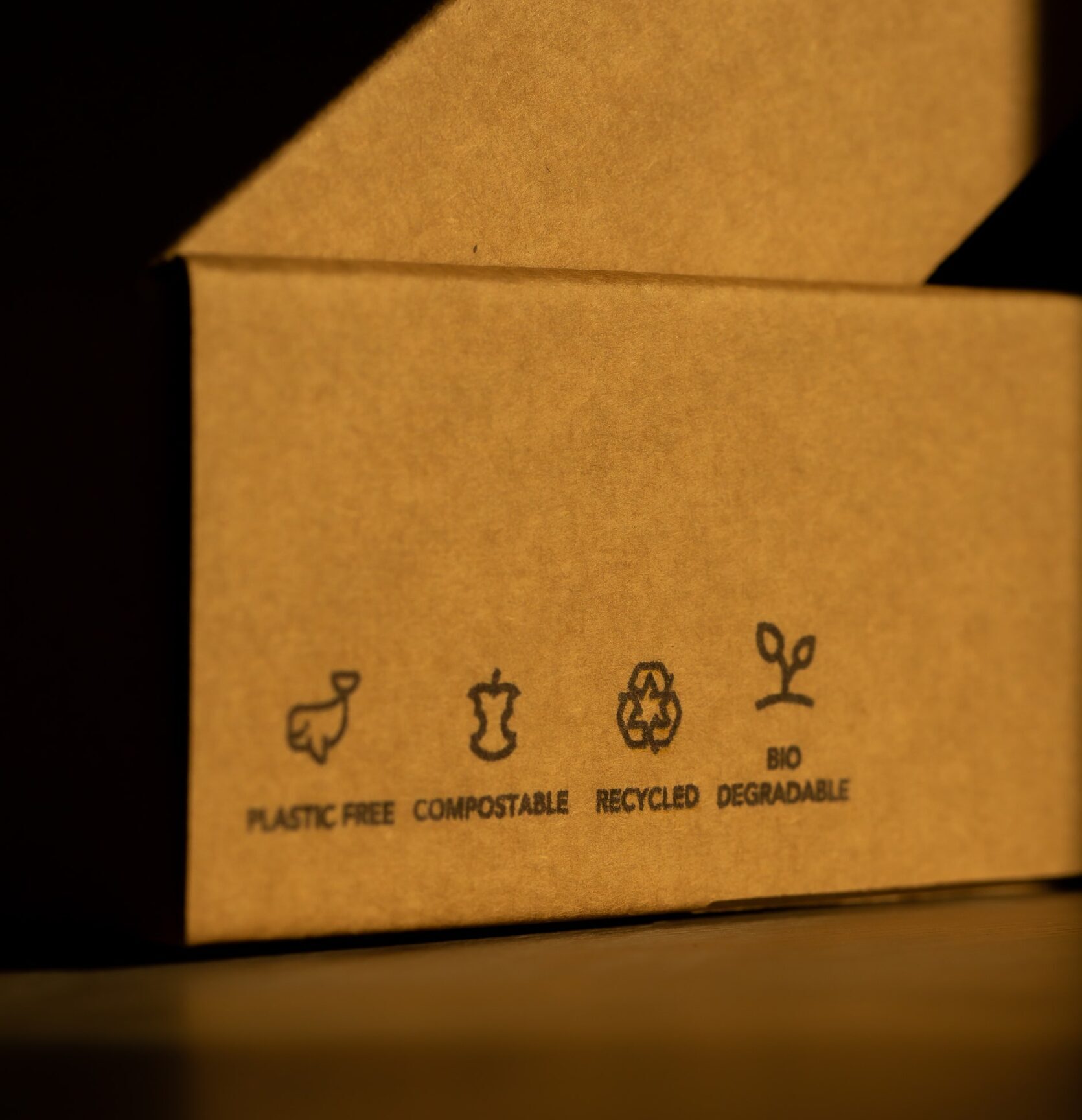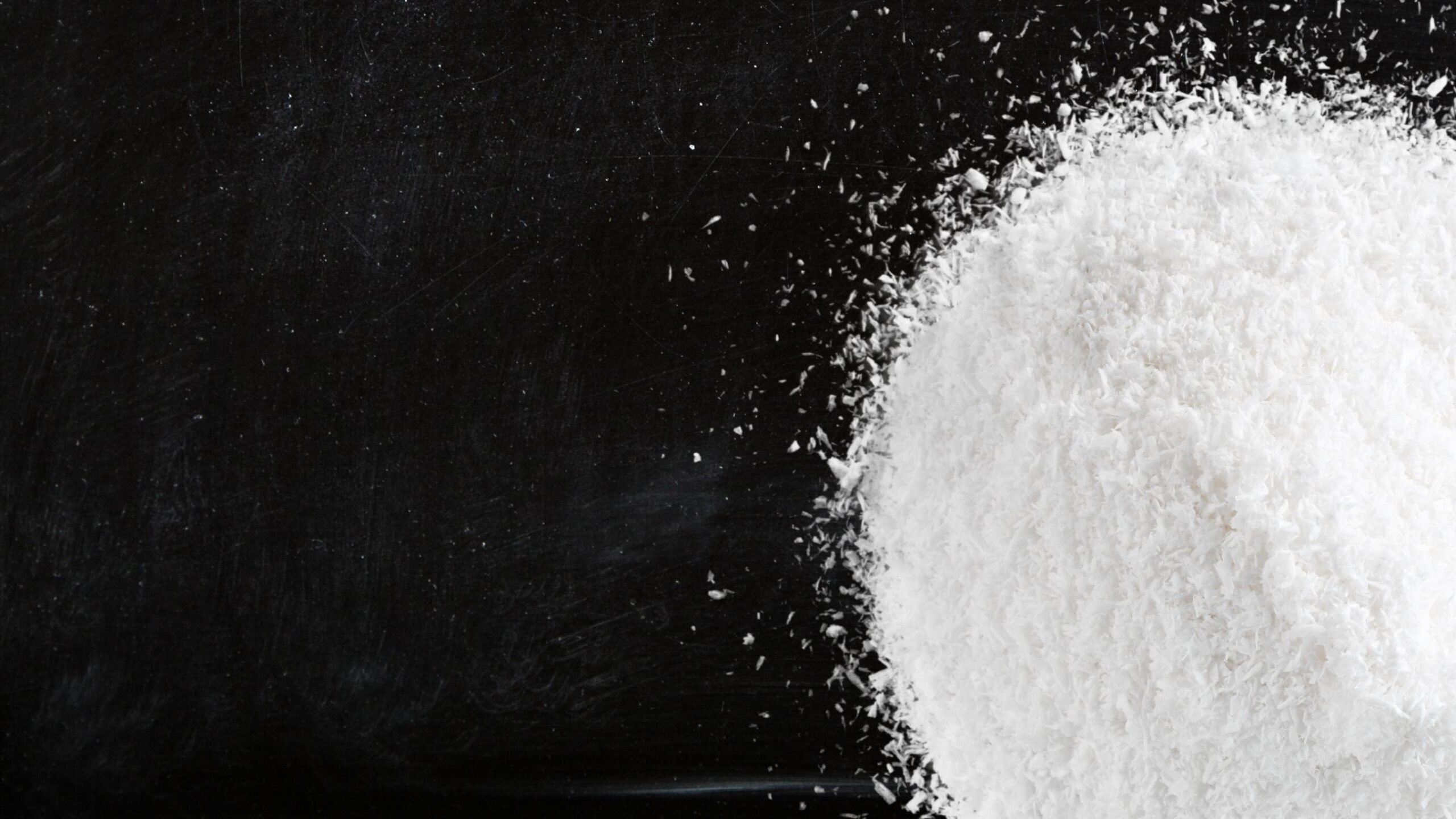BACKGROUND
Wet wipe means a non-woven piece of fabric which has been soaked and stored in liquid and which is not designed or intended to be re-used, including but not limited to baby wipes, cosmetic wipes, moist toilet tissues, personal hygiene wipes and wipe-based cleaning products.
Wet wipes containing plastic degrade into microplastics over time, which research indicates can be harmful to human health and disrupt ecosystems. A recent survey found an average of 20 wet wipes per 100 meters of beach surveyed across the UK.
When these wet wipes enter the water environment, they can accumulate biological and chemical pollutants, increasing the risk of harm to both animals and humans. Banning these wipes will reduce plastic and microplastic pollution, as well as decrease the volume of microplastics entering wastewater treatment facilities when they are improperly flushed.
The public consultation revealed strong support for the proposed ban, with 95% of respondents agreeing or strongly agreeing with the proposals. The ban will be implemented through secondary legislation under the Environmental Protection Act 1990.
WHAT’S NEW?
The ban covers the supply and sale of wet wipes containing plastic but allows their manufacture for other global markets.
There will be exemptions for industrial and medical use. Businesses like hospitals or food production sites can purchase these wipes from wholesalers or directly from manufacturers, but these wipes cannot be sold to consumers, except through community pharmacies.
The government aims to introduce respective regulations to ban single-use plastic (SUP) wet wipes before the summer recess, with the goal of having legislation in place across the UK by the end of 2024. This timeline may be adjusted due to the upcoming General Elections.
After each piece of legislation is passed, there will be an 18-month transition period for manufacturers to switch to producing plastic-free wet wipes.
In England, the ban will be enforced mainly through civil sanctions. In Wales, enforcement may involve either criminal or civil sanctions, or both, depending on the offence. In Scotland, the Scottish Ministers will introduce secondary legislation under section 140 of the Environmental Protection Act 1990. In Northern Ireland, enforcement plans are being developed following the recent return of the Northern Ireland Assembly.
Trading Standards and Local Authorities are expected to undertake enforcement. Detailed guidance for businesses and enforcement officers will be published in due course. A full review of the ban, including the scope, range of exemptions, and materials included, will be conducted periodically.
REFERENCES






